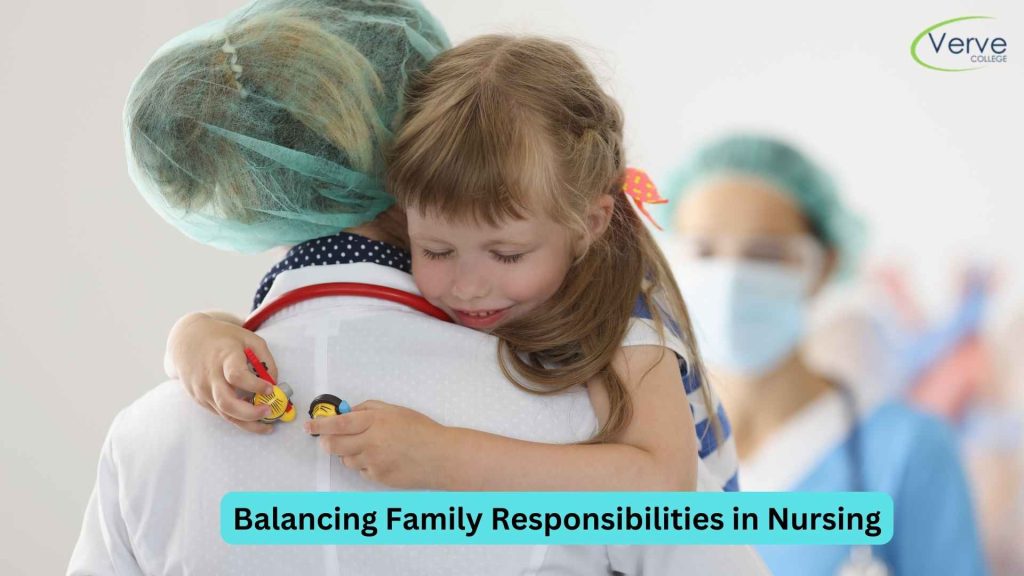- Oak Brook:(630) 705-9999
- Chicago:(312) 920-8822
- Email:inquiry@vervecollege.edu
- Make a Payment
- Home
- Programs
- Admission
- Resources
- ATI Entrance Exam Resources
- New E-Digital Library
- Refer a Friend
- School Newsletter
- Events
- Employers
- Job-Network
- Alpha Beta Kappa Candidates
- Verve College Library
- Graduation and Pinning Ceremony Photo Galleries
- Textbook Information
- Career Services
- Tutoring
- School Catalog
- FAQ
- Constitution Day Program
- Alumni
- Verve College Plans
- Financial Aid
- HEERF Reporting
- Satisfactory Academic Progress
- Apply For Financial Aid
- Net Price Calculator
- Return of Title IV Funds (R2T4)
- Financial Aid Office Code of Conduct
- Contact
- FAQs
- Verification Policy
- Vaccination Policy
- Student Right-to-Know Act
- Misrepresentation
- Information Security Program
- Academic Award Year
- Availability of Employee
- Cost of Attendance
- Health & Safety Exemption Requirement
- Students Rights and Responsibilities
- Leave of Absence
- Pell Formula
- Military Students
- Grants/ Scholarship Policy
- Contact Us
- Testimonials
- Blog
Is a Nursing Career Right For You?
Take The Free Quiz
Balancing Family Responsibilities with Night Classes for Nursing
Balancing Family Responsibilities with Night Classes for Nursing
Are you contemplating attending nursing school’s night classes for nursing but are already a parent? While managing nursing school while having the demands of a family can be a major commitment, it’s certainly possible. A lot of professional nurses or health care teams who attend schools later in their lives already have a family of their own, typically having multiple children. If you’re married and are contemplating attending nursing school for an LPN program (diploma program)–or already in the process of registering, here are some tips to balance everything and remain sane.
Tips to Balance Family Responsibilities While at Night Classes of Nursing
1. Discuss These Changes in Your Home With Family Members
When you are about to start technical school for nursing courses to become a licensed practical nurse or rush out to buy the necessary scrubs, talk about the changes coming up with your children and your partner to ensure everyone is aware of what’s happening. Once you start your nursing career, if your partner will be taking on additional duties, including getting the kids to and from day medical care or doctor’s appointments, -clarify expectations beforehand and work out a plan in a variety of settings, and healthcare services. Let your children know that you’re headed to nursing school or community college and explain that everyone’s schedule will be altered as a result. If they’re young and they’re still learning to adapt to the new routine so take your time with them.
2. Create an Official Calendar
Some nursing students prefer to keep their vocational school, work, and personal calendars separately. However, it’s extremely beneficial for both of you to combine everything into one calendar. like when to do direct patient care and when to get yourself prepared for the NCLEX-PN exam. At a minimum, it should include major events, such as recitals, licensing exams, and doctors or healthcare team appointments in nursing care facilities. If you’d prefer, you can go more precise and include your schedule for basic nursing skills & pre – requisites in night classes for nursing from LPN schools near me as well. Don’t forget to invite your spouse along and invite them to add to the calendar. They could add trips to work and other major events to their calendars so that they can keep all family obligations in one spot.
5 Essential Critical Thinking Skills for Nursing Success & Their Importance
3. Find Your Most Productive Study Times
Are you an early riser or a night sleeper? Do you prefer to get up around 4 a.m. and start your homework before everyone else gets up or would you like to remain up late and read the books when your kids are gone to bed? There’s no correct or incorrect answer, but your study will be more effective and you’ll remember more information by working in conjunction with your cycle of circadian rhythm in a variety of healthcare settings and the nursing field. You’ve probably got an idea of the times when your most productive hours are in the daytime and evening, so make sure you get your work done at these times as often as you can.
4. Maximize the Time You Are Napping
If you’re a parent, are you aware of the peaceful peace that (finally!) is descending on the home when the time for napping arrives? Although you might be attracted to a nap yourself after having to chase after children all day long, take this job opportunity to cross off some tasks from your list to complete your assignment, prepare for that test, and do the chores in healthcare facilities. In the end, the more work you can accomplish in your nap, the less work you need to do either early or tardy in the afternoon when you’re less focused during the nursing process.
5. Find Out What You’re Willing to Sacrifice
There’s no such thing as a superhero. Human beings aren’t superhuman and can’t manage everything, not to mention managing your family while also going out of nursing school for a practical nursing program near me with education courses for doing clinical practice in clinical settings. Before prospective students start school, make a list of the various activities you have in your life. Decide the things you need to keep and what can be discarded in health care settings. As an example, you may not be able to enjoy the same amount of time with your extended family members as you did in the past, or perhaps you’ll need to stop an activity that consumes a lot of time, like knitting. However, be sure to take some time for basic nursing care and check vital signs for your own needs: Perhaps you have to put aside knitting, but you’ll still be able to keep up with your workout routine.
 Sign up
Sign up Login
Login




